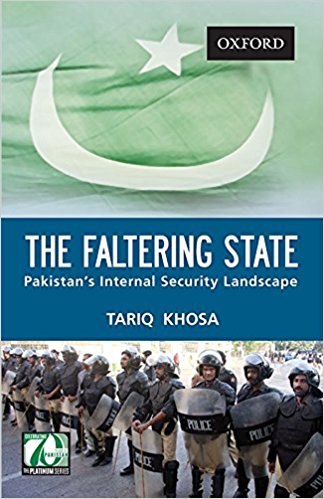Tariq Khosa, a former Director General of the Federal Investigation Agency (FIA) in Pakistan, grabbed the attention of the Indian media for a brief moment for an article he wrote in the Dawn newspaper on 3 August 2015 on the Mumbai attacks trial. In that article he pointed out how the investigations in Pakistan had been able to find strong evidence that the Mumbai attacks were planned and launched from Pakistani soil and that Pakistan should face the truth and admit mistakes and ensure that the perpetrators and the masterminds of the terror attacks were brought to justice. But the Indian electronic media misread that article as an exposé of the involvement of the Pakistani establishment. However, nowhere in the article Khosa had said as much. What he had acknowledged was that there was strong evidence against Lashkar-e-Taiba (LeT) militants but the reason the trial process had stalled was due to the difficulties in conducting it in a different jurisdiction. Khosa served in the Pakistan Police Service for 37 years before his retirement in January 2011. He had developed a reputation of being an honest and upright officer. The reasons for writing this book was because he wanted the experience he had gained during his public service to be shared with policy makers, police officers and the public at large. This volume is an account of his personal experience with law enforcement and touches on a number of events from Pakistan’s recent past, particularly since 2011.
The volume is episodic, with no pretensions of a scholarly analysis of the Pakistan state. Khosa explains his title as follows: ‘As an insider in the internal security apparatus, I feel that our state institutions have faltered in developing a comprehensive national security paradigm, resulting in our nation turning against itself.’ The volume consisting of seventy short chapters is very interesting reading and provides enormous insights into the functioning of the law apparatus in Pakistan. For those who follow Pakistan closely will be familiar with many of the issues that he writes about, but his personal account reveals much more than what has been in the public domain.

